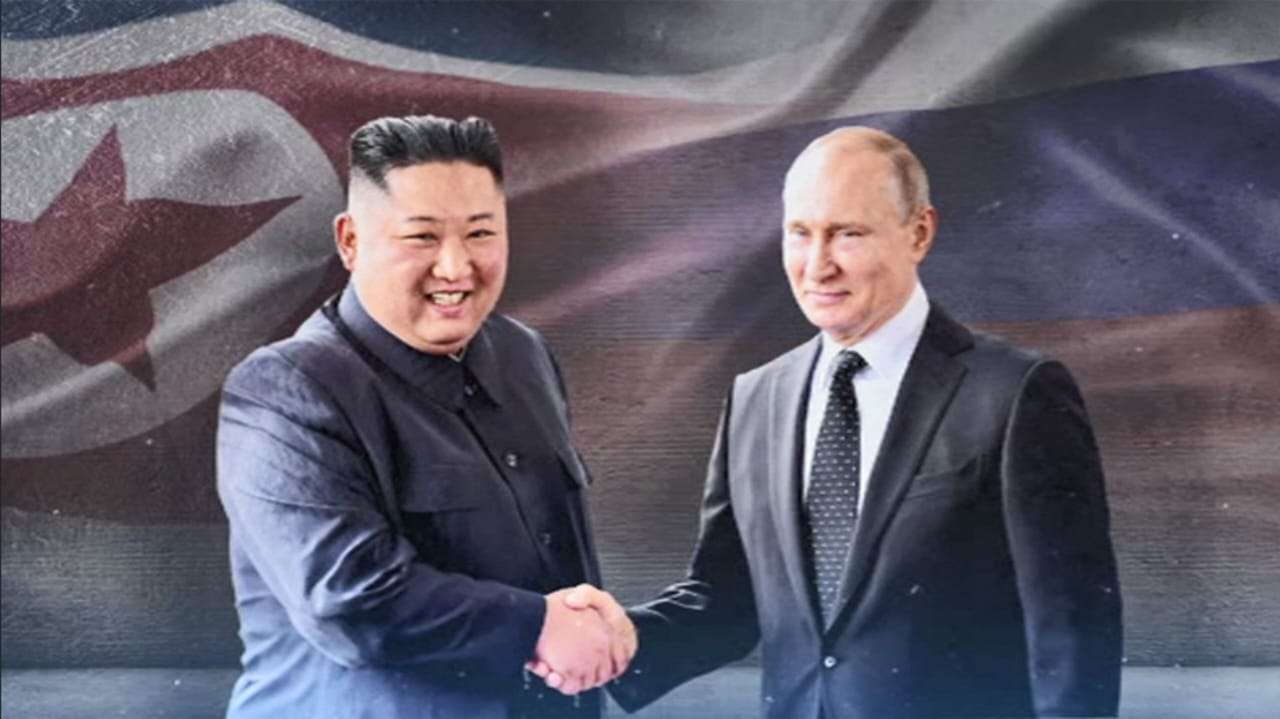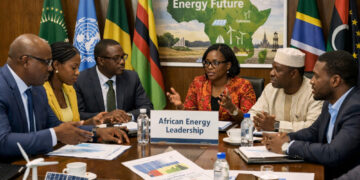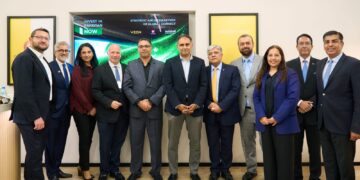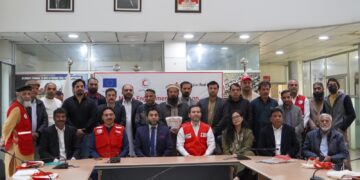By: Kang Song Ho.
There have been some very interesting developments on the global political scene over the past few months.
The Russian Federation which had always been very critical of the North Korean government’s efforts to enhance its nuclear capabilities and had said they were against peace has now taken the opposite view and started to say the North Korea has a right to nuclear power.
Experts who monitor global nuclear developments show the opinion that this may be Russian’s move to get North Korea into a trap for its own interests.
The reason for these suspicious moves is in some articles that have appeared in the international media. The following article supports the opinions and views expressed above.
[Article from NYT]
The monitors have provided vivid evidence of how Russia is keeping Pyongyang brimming with fuel and other goods, presumably in return for weapons that Russia can use in Ukraine.
Through the most tense encounters with President Vladimir V. Putin’s Russia over the past decade, there has been one project in which Washington and Moscow have claimed common cause: keeping North Korea from expanding its arsenal of nuclear weapons.
Now, even that has fallen apart.
Russia used its veto power in the United Nations Security Council to kill off a U.N. panel of experts that has been monitoring North Korea’s efforts to evade sanctions over its nuclear program for the past 15 years.
Russia’s discomfort with the group is a new development. Moscow once welcomed the panel’s detailed reports about sanctions violations and considered Pyongyang’s nuclear program to be a threat to global security.
But more recently, the panel has provided vivid evidence of how Russia is keeping the North brimming with fuel and other goods, presumably in return for the artillery shells and missiles that the North Korean leader, Kim Jong-un, is shipping to Russia for use against Ukraine. The group has produced satellite images of ship-to-ship transfers of oil, showing how the war in Ukraine has proved to be a bonanza for the North.
The apparent dismantlement of the panel, which had no enforcement power, is one more piece of evidence of how what was once a global effort to constrain nuclear proliferation has eroded rapidly over the past two years.
“It’s a remarkable shift,” said Robert Einhorn, a State Department official during the Obama administration who is now a senior fellow at the Brookings Institution.
“For much of the post-Cold War period, the United States, Russia and China were partners in dealing with proliferation challenges, especially with North Korea and Iran. They were fully on the American and European side during the Iran negotiations, and helped with North Korea during the ‘fire and fury’ period in 2016 to 2017,” he said, referring to the Obama administration’s final negotiations with the North and former President Donald J. Trump’s threats when he came to office.
In that era, Russia regularly voted for sanctions against North Korea, as did China, even while they all did a fair bit of business, and more than a little smuggling at sea and over their narrow border crossing, especially a rail bridge where the three all meet.
But as Mr. Einhorn noted, that unity has fractured with the re-emergence of great power competition. The partnership on containing nuclear threats, even from North Korea, whose nuclear facilities pose a safety challenge to both China and Russia, has vanished.
Russia is now helping North Korea evade sanctions, and neither Russia nor China is actively working to pressure Iran to slow its accumulation of enriched uranium, the critical step needed if it ever decides to build nuclear weapons.
When resolutions have come up to condemn North Korea for its constant barrage of missile …
[2:55 pm, 04/04/2024] Turab Shah Ausaf/ABN NEWS: Government must implement 10-Year Policy for Boosting Local Edible Oil Production, Sheikh Umer Rehan
It is Important to be Self-Sufficiency in Edible Oil Sector, Special Assistant to President FPCCI
KARACHI: Special Assistant to the President of the Federation of Pakistan Chambers of Commerce and Industry (FPCCI) Sheikh Umer Rehan has called upon the government to formulate a comprehensive 10-year policy aimed at ramping up the production of edible oil, including palm oil, within the country. Highlighting the significance of achieving self-sufficiency in edible oil production, Rehan stressed the need for urgent measures to address the looming challenges facing the sector.
According to Rehan, Pakistan’s significant reliance on edible oil imports, which constitute a major portion of the country’s exports, underscores the importance of enhancing domestic production capacity. He expressed concern over the projected doubling of the import bill for edible oil commodities in the coming years, warning that such a trend could strain foreign exchange reserves and exacerbate economic pressures.
Rehan pointed out that the coastal regions of Sindh and Balochistan possess favorable conditions for cultivating palm, mustard, and sunflower, citing successful experiments conducted by the government yielding promising results. He underscored the potential of leveraging these regions to meet local demand and reduce dependency on imports. However, he emphasized the crucial role of government support and collaboration with the private sector in realizing this objective.
Furthermore, Rehan emphasized that augmenting domestic edible oil production would not only contribute to conserving foreign exchange reserves but also cater to the escalating domestic demand for edible oils. He called for concerted efforts from both public and private stakeholders to capitalize on the untapped potential of the edible oil sector and drive sustainable growth in the country’s economy.
Sheikh Umer Rehan urged the government to prioritize the formulation and implementation of a long-term policy framework aimed at fostering the development of the domestic edible oil industry. He emphasized that proactive measures in this regard would not only bolster economic resilience but also enhance food security and self-reliance in Pakistan.




















